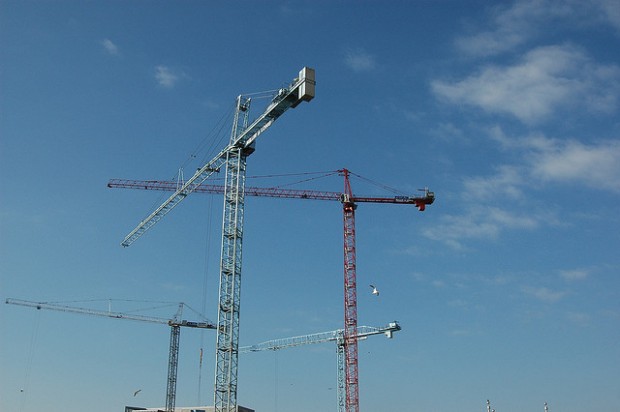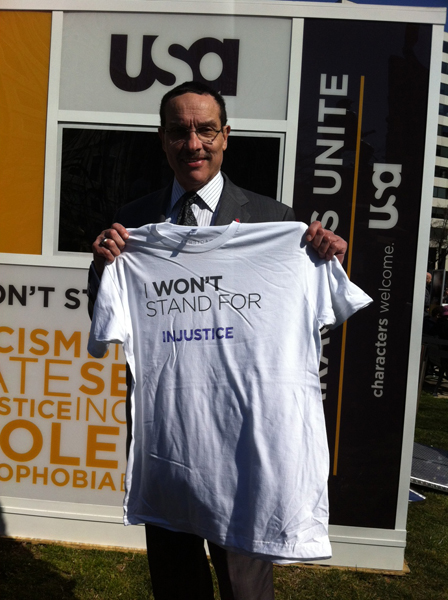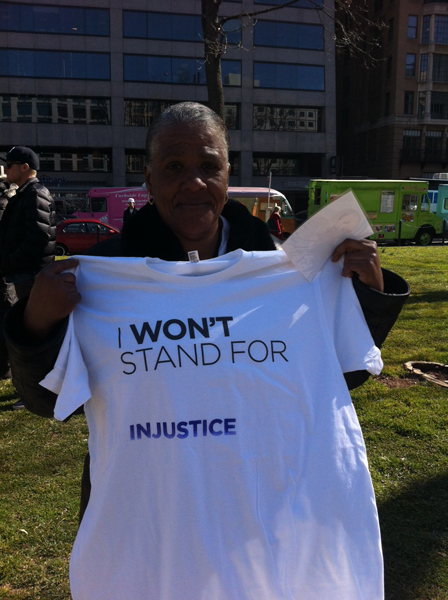Some vocal Ward 8 residents say they don’t want to see more social service agencies opening in their community. One of their main concerns: that such facilities, in particular group homes and shelters, hinder redevelopment in a community that needs it.
But do the presence of such services, in of themselves, prevent economic development from happening?
It’s complicated, says Lois Takahashi, a University of California, Los Angeles professor who focuses on community opposition to human service facilities. She hasn’t seen evidence that concentrating social services, such as shelters and clinics, hinders economic development in neighborhoods.
“It seems to be more the other direction. [Bringing in social service agencies] improves building stock, brings staff in that’s spending money in local communities,” Takahashi says.
Lack of economic development usually has more to do “with the politics of redevelopment and development,” Takahashi notes.
But concentrating social services in a community could play some role in preventing economic development, Takahashi says, depending on a number of factors. There are market forces and government regulations, such as zoning, that could make it easier and cheaper for shelters, rather than grocery stores, to open in certain communities. Location of services can play a role in preventing economic development, too. For instance, many opposed Calvary Women’s Services’ plans to open along Good Hope Road SE, not just because it was another social service agency, but because the transition housing for women would be in the heart of downtown Anacostia’s business district.











